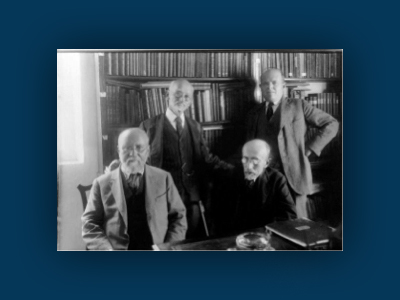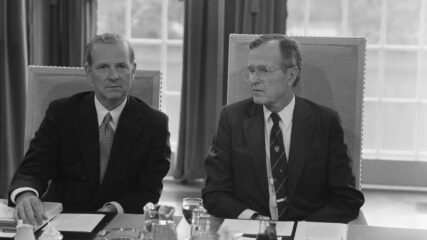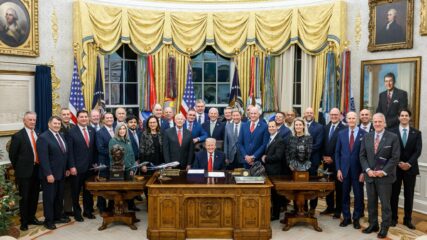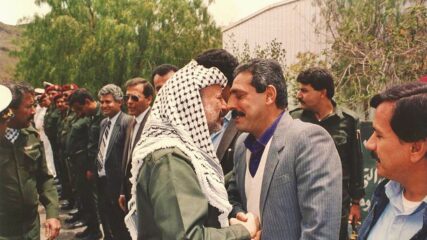August 17, 1898
A few weeks before the Second Zionist Congress is set to convene in Basel, Switzerland, 160 Zionists from 93 cities and towns in Russia meet secretly in Warsaw.
The meeting is initiated by Ahad Ha’am. He attended the First Zionist Congress in 1897 as an observer and was deeply disturbed by the political nature of the fledgling movement. He is especially critical of Theodor Herzl’s leadership and approach. Ahad Ha’am believes that a Jewish cultural renaissance is the solution to the problems of world Jewry and that emphasis should be placed on teaching Jews nationalist values before initiating political actions.
In Warsaw, Ahad Ha’am rallies many of the Russian delegates to support his positions. After the meeting, in a letter to Yehoshua Hana Ravnitzky, a scholar who would later edit The Book of Legends with Chaim Nahman Bialik, he proclaims, “I wish you could have seen how they crowded around me, both veterans of Hibbat Zion and many of the young Zionists. You could see in the faces how glad they were to find someone willing to tell the truth to the political Zionists, someone unintimidated by their demonstrations and numbers. You would feel, as I did, that these people know I did them well by rekindling the tradition of Hibbat Zion, which they now are prepared to defend with all their might.” (Goldstein, Yossi. “Ahad Ha’am: A Political Failure?” Jewish History 2.4, Fall 1990: 35.)
The Warsaw conference shows that although Herzl has mobilized the forces of political Zionism, Ahad Ha’am’s conception of cultural Zionism still has significant support. While many of the attendees go from Warsaw to the Second Zionist Congress in Basel, which begins August 28, Ha’am does not participate. Because he does not attend, Herzl and his followers are able to convince the Russian delegates that the decisions made in Warsaw would be harmful to the Zionist movement.
The Ahad Ha’am/Herzl disagreements over Zionism’s content and ideology dominate the movement as it grows over the next 50 years. The diversity of the movement proves to be a strength, aimed at Zionists being able to choose and define the nature of their own destiny where Jews would be assembled.
In September 1902, a second all-Russian Zionist conference is held legally with the consent of the Russian authorities in Minsk. Nearly 500 delegates attend.









